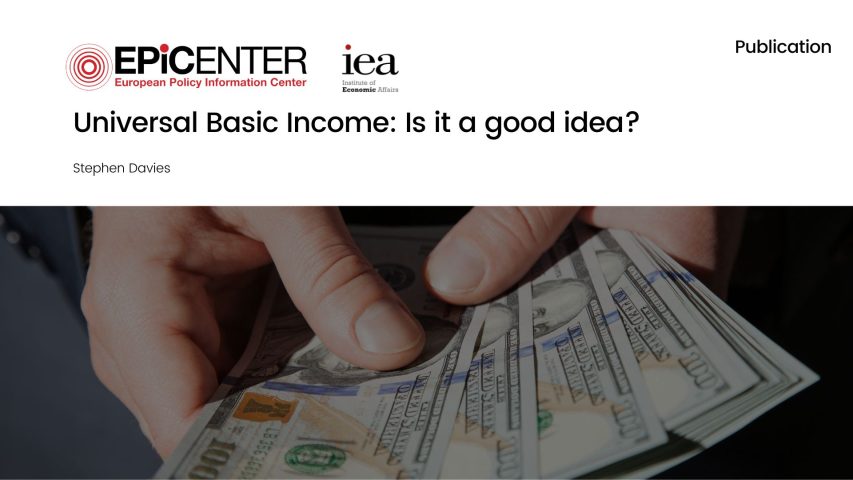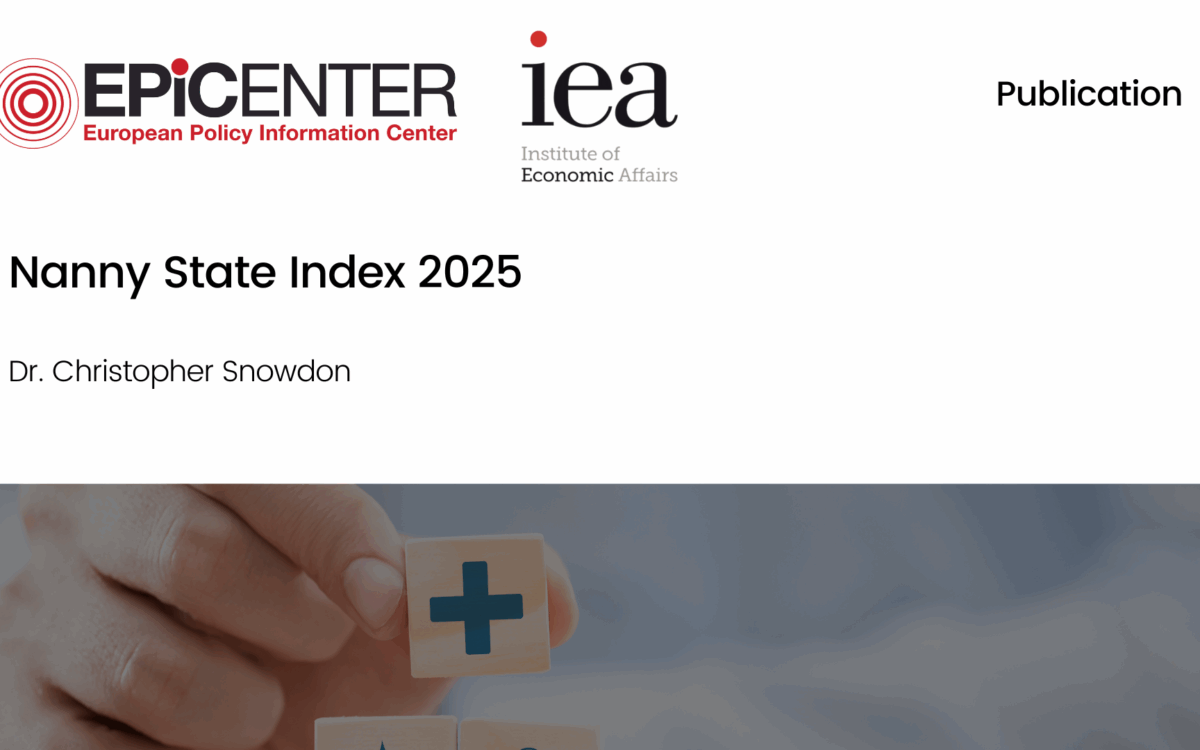Universal Basic Income: is It a Good Idea?

Universal Basic Income: is It a Good Idea?
29 December 2019
The idea of a Universal Basic Income (UBI) is currently the subject of much interest and discussion in the UK, with support and opposition from several parts of the political spectrum.
Although currently modish this is actually an idea that has been around for a long time and was first formulated over two centuries ago. There have been several times when it has attracted attention over that timespan, and these bouts of interest typically coincide with a specific and recurring combination of circumstances.
The current wave of interest began about three to four years ago, in the aftermath of austerity, and is now coming to a peak with serious prospects for some kind of UBI being adopted as the official policy of more than one political party.
Interestingly, the idea has support from both left and right but also attracts hostility and criticism from both sides, with some of the most trenchant criticism coming from the left.
In discussing the idea of a UBI it is very important to be clear as to what it is that we are talking about, as several similar but ultimately different kinds of proposal are often grouped under the same umbrella term.
A survey of the proposals currently put forward in the UK, and of the responses to them, reveals both a mixture of motives behind the advocacy of such schemes and the serious problems, both practical and principled, that they pose.
On the left, such suggestions are frequently contrasted with a rival kind of proposal, that of Universal Basic Services (UBS), which is in many ways a revival of a much older tradition of socialist thought, but there is no such clear alternative on offer from the free-market side.
Download or share this publication
View the PDF
EPICENTER publications and contributions from our member think tanks are designed to promote the discussion of economic issues and the role of markets in solving economic and social problems. As with all EPICENTER publications, the views expressed here are those of the author and not EPICENTER or its member think tanks (which have no corporate view).



